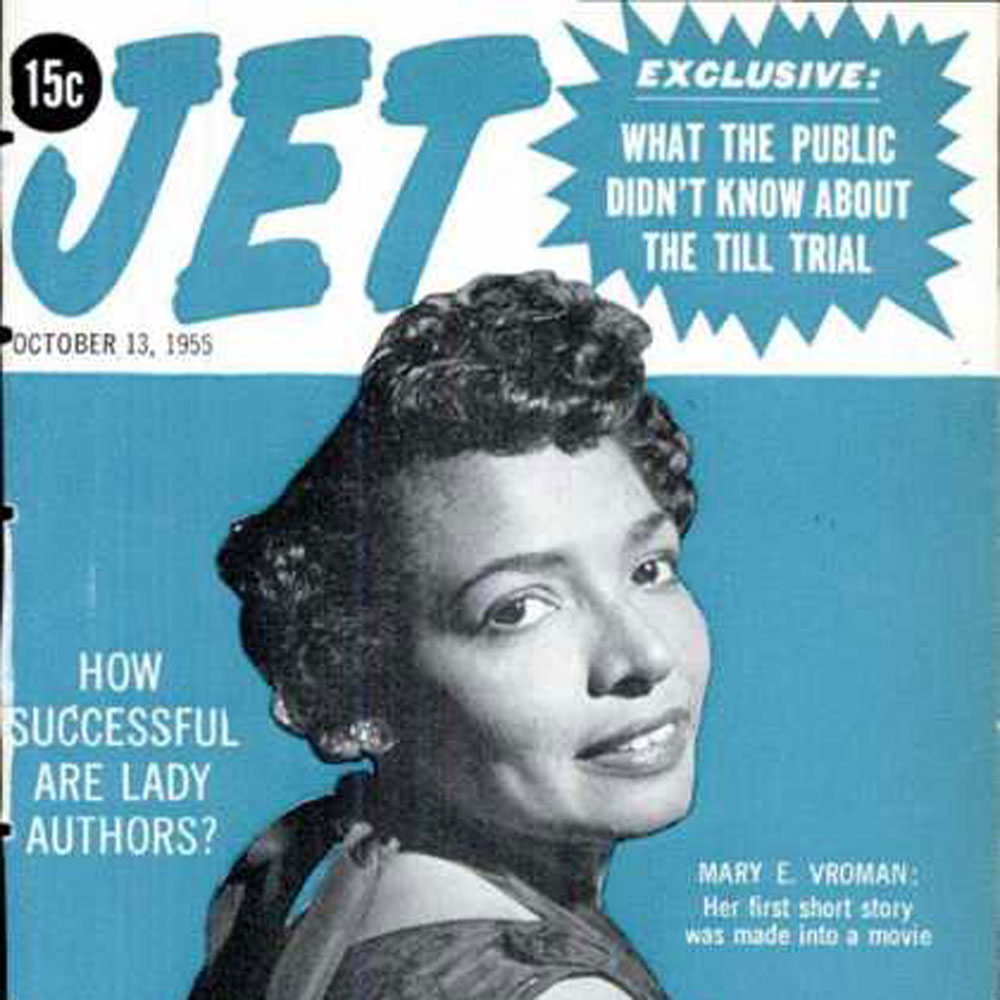
July 25, 2019; Los Angeles Times
The world’s largest photo archive of Black American history is about to be preserved in perpetuity for the public. Four foundations and several museums collaborated to make this happen, and it’s a bold and timely statement.
The photos became available through a sad but fortuitous chain of events. The Johnson Publishing Company was the largest African American-owned publishing company in the US; they operated out of the only skyscraper in Chicago’s downtown designed by a Black architect, and published Ebony and Jet magazines. In April, they declared chapter 7 bankruptcy.
As part of the bankruptcy proceedings, they offered for sale their archives of photos of all the Black cultural figures whose lives they chronicled over the years. They include priceless, signature photos of Coretta Scott King and Malcolm X, Muhammad Ali and Jackie Robinson, Ray Charles and Natalie Cole, and many, many others. There are estimated to be about 4 million photos and 10,000 hours of video footage in the archives.
When Ford Foundation president Darren Walker heard about this, he realized the significance of the collection and reached out to Elizabeth Alexander, the president of the Mellon Foundation. Those two organizations, together with the J. Paul Getty Trust and the MacArthur Foundation, put together a $30 million offer in one week and bought the whole thing.
“It is impossible to overstate the importance of the accessibility of Ebony and Jet archive for not only historians and researchers, for the general public,” Harvard historian Sarah Lewis told the New York Times. “Understanding American culture means understanding African-American culture. This collection, as an archive, offers an invaluable oculus onto black life.”
The foundations plan to donate the archives to the National Museum of African American History of Culture in Washington, DC; the Getty Research Institute in Los Angeles; and other cultural institutions. According to Sarah Cascone at ArtNet News, they were concerned the collections would be sold to a private owner and fall out of the public view. Now, they will be preserved for public engagement through the museums’ efforts.
Sign up for our free newsletters
Subscribe to NPQ's newsletters to have our top stories delivered directly to your inbox.
By signing up, you agree to our privacy policy and terms of use, and to receive messages from NPQ and our partners.
In a statement, Ford Foundation president Darren Walker said, “We’re thrilled with the outcome This archive is a national treasure and one of tremendous importance to the telling of black history in America. We felt it was imperative to preserve these images, to give them the exposure they deserve and make them readily available to the public.”
The foundations weren’t the only ones who wanted the archives; interest was so high, the auction was extended. Reportedly, George Lucas and his wife, Mellody Hobson, wanted them for the Lucas Museum of Narrative Arts, which NPQ has covered in the past.
But the foundations made the best offer, and thankfully, that history is now preserved. Theaster Gates, a social practice artist and community organizer who has previously done an exhibition with the photographs, said the photos are “alive with power and deserve a structure that is as equally alive.”
It seems that promise will be kept. Lonnie Bunch, the newly elected secretary of the Smithsonian, said, “Together, our organizations will ensure these images, stories and the history of these publications are well-preserved and available to the public and future generations.”
These foundations and museums aren’t just preserving history, they’re making a statement about American identity. By ensuring that these photos become part of the public record of US history in some of its most cherished and prestigious institutions, they are claiming space that has been previously denied to Black cultural and historical figures. While vile tweets fly about who belongs where and what it means to be an American, the Ford, Getty, Mellon, and MacArthur foundations have quietly, firmly, eloquently declared that the marginalization of these Black Americans in their time and ours will not erase them from history, nor their indelible stamp on US culture and identity.
James Cuno, president of The J. Paul Getty Trust, called preserving the archive “a great honor and a grave responsibility.”—Erin Rubin













